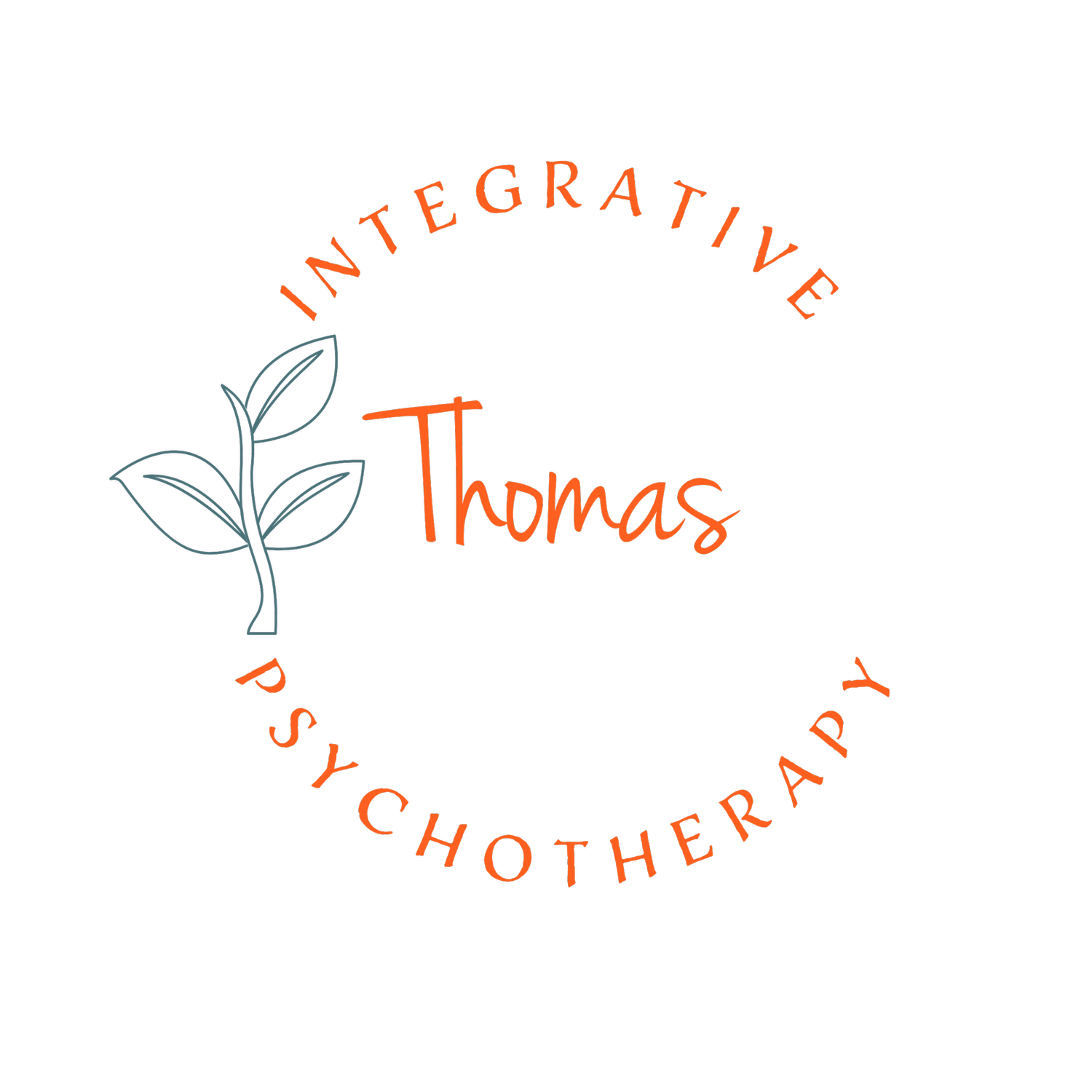Unveiling Truths: Addressing Common Misconceptions About Therapy
Embarking on the therapeutic journey can be a transformative and empowering experience. However, numerous misconceptions often shroud the world of therapy, deterring individuals from seeking the help they may need. In this blog, we aim to debunk common myths and shed light on the realities of therapy, fostering a clearer understanding of the process and its potential benefits.
1. Therapy is Only for Severe Mental Health Issues: One prevalent misconception is that therapy is exclusively for individuals grappling with severe mental health issues. In reality, therapy is a versatile tool that can benefit anyone, regardless of the intensity of their challenges. From navigating life transitions to enhancing overall well-being, therapy offers support on a broad spectrum of concerns.
2. Therapists Have All the Answers: Contrary to popular belief, therapists don't possess a magic formula or have all the answers. Instead, they serve as skilled guides, facilitating a process of self-discovery and growth. Therapy is a collaborative journey where individuals actively engage in exploring their thoughts, emotions, and behaviors.
3. Therapy Takes Years to Show Results: Another misconception is that therapy is a lengthy process with results taking years to manifest. While some individuals may choose long-term therapy, many find relief and see positive changes in a relatively short period. The duration of therapy varies based on individual needs, goals, and the nature of the concerns being addressed.
4. Therapists Only Listen and Don't Provide Practical Solutions: Therapy is not just about listening; it involves the application of various therapeutic techniques to address specific issues. Therapists work collaboratively with clients, offering practical tools and strategies to navigate challenges effectively. The goal is to empower individuals with skills that extend beyond the therapy room.
5. Only "Weak" People Seek Therapy: Seeking therapy is a sign of strength, not weakness. It takes courage to confront and address personal challenges. Therapists provide a supportive and non-judgmental space for individuals to explore their vulnerabilities and strengths, fostering resilience and emotional well-being.
6. Therapy is Only for Adults: Therapy is not exclusive to adults; it is beneficial for individuals of all ages. Child and adolescent therapy, family therapy, and couples therapy are specialized branches that cater to the unique needs of different age groups and relationship dynamics.
7. Therapy is Only About Talking; It Doesn't Work for Everyone: While talking is a fundamental aspect of therapy, it's not the only approach. Various therapeutic modalities, including cognitive-behavioral therapy (CBT), dialectical behavior therapy (DBT), and art therapy, cater to diverse preferences and needs. Additionally, the effectiveness of therapy is often influenced by the quality of the therapeutic relationship and individual commitment.
As we debunk these common misconceptions, it becomes evident that therapy is a dynamic and inclusive process that can benefit individuals from all walks of life. It is essential to challenge preconceived notions and recognize the potential of therapy as a valuable resource for personal growth, resilience, and overall well-being. By dispelling myths, we hope to encourage more individuals to explore the transformative possibilities that therapy can offer on their unique journeys.
